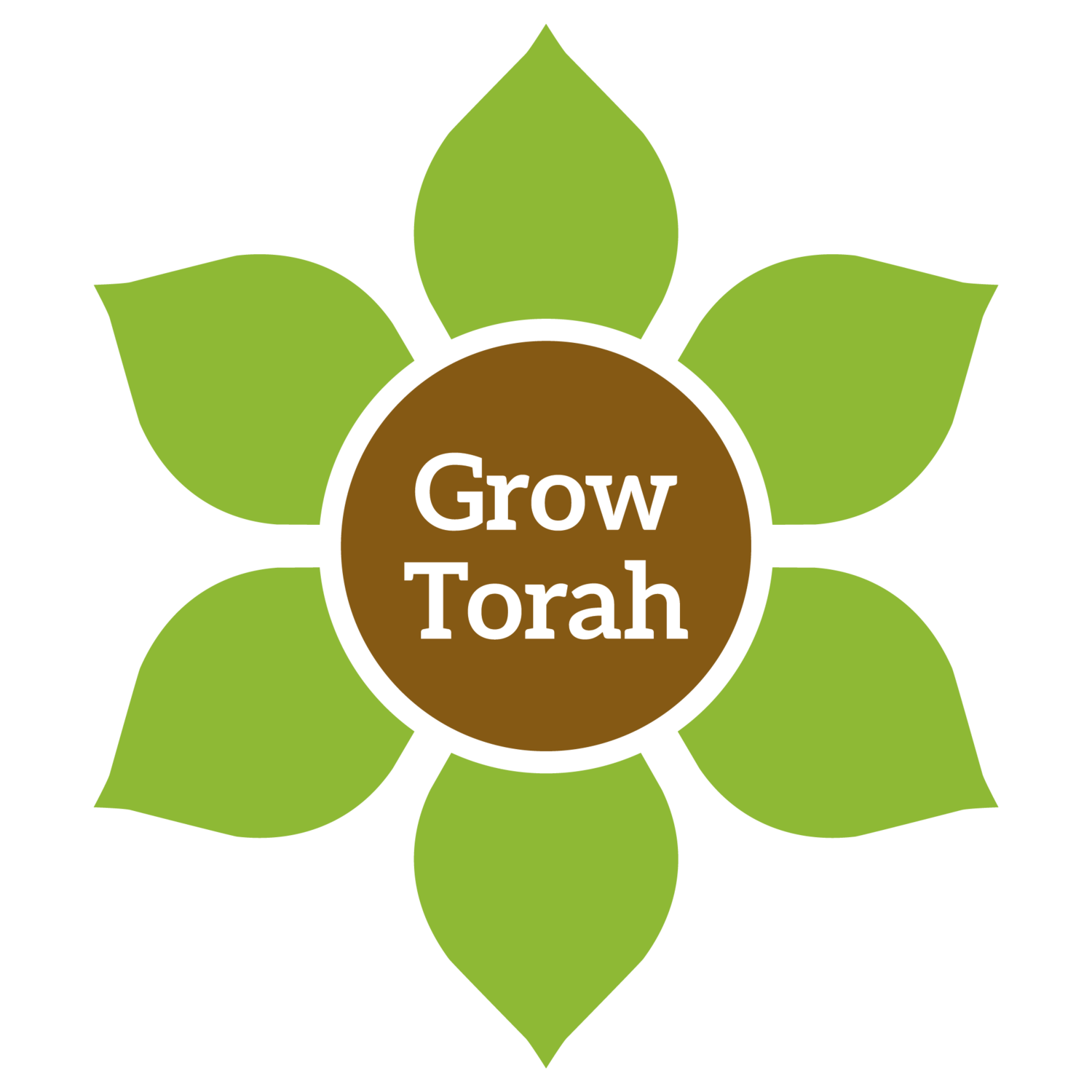Sukkot: Sharing our Joyous and Vulnerable Harvest
Sukkot, the חג האסיף (The Harvest Festival), celebrates the end of the harvest season. Five months ago, Shavuot ushered the bringing of the bikkurim, the first fruits of the harvest, and after a long summer in the fields, it is time to celebrate the culmination of all that work, to appreciate Hashem’s beautiful gifts in nature (Chizkuni 16:14).
This year, many people will relate to the harvest aspect much more personally than in years past, with all of the new gardens started in quarantine. At GrowTorah, we are proud to have supported and guided over 100 households to start their own gardens and composts since March. Our wish is that we helped bring each of you closer to the joy of the harvest we celebrate on Sukkot.
Another dimension that new gardeners likely experienced, however, is the real struggle that farmers fight constantly: pests, drought, disease, wildfires, and more. For hobby gardeners, these encounters may be frustrating, at worst. For professional growers, a single wildfire decimates an entire farm’s operations and the families whose livelihoods depend on that farm. The vulnerability we are invited to feel in our Sukkah is one that professional farmers know in their bones; it is their life-long reality.
When we celebrate the harvest, we enjoy the bounty; we feel accomplished at the hard work we have put in during the growing season. That joy is a central mitzvah of this holiday: v’samachta bechagecha. This mitzvah is not just about selfish joy, though. We are commanded to share with others, specifically, the less fortunate, the chronically vulnerable:
וְשָׂמַחְתָּ בְּחַגֶּךָ אַתָּה וּבִנְךָ וּבִתֶּךָ וְעַבְדְּךָ וַאֲמָתֶךָ וְהַלֵּוִי וְהַגֵּר וְהַיָּתוֹם וְהָאַלְמָנָה אֲשֶׁר בִּשְׁעָרֶיךָ׃
You shall rejoice in your festival, with your son and daughter, your male and female slave, the Levite, the stranger, the fatherless, and the widow in your communities
As we celebrate the harvest, let us consider the bigger issues, and what we can do about it. Are there needy people in our community whom we can help? Are there vulnerable neighbors whom we can support and ally? Can we do something for wildfire relief? Can we reverse the negative effects of climate change to prevent more of these extreme weather events from happening?
What can we do right now to ensure that we may continue to celebrate this beautiful earth Hashem has bestowed upon us, and to do it with joy? Chag Sameach!
